Category Archives: Case Foundation
Interest level in neighborhood news vs. international news?
How would you rank your interest in news, by proximity? International vs. national vs. local vs. neighborhood?
The results from a Pew study (below) jibe with what we often hear from Front Porch Forum members.
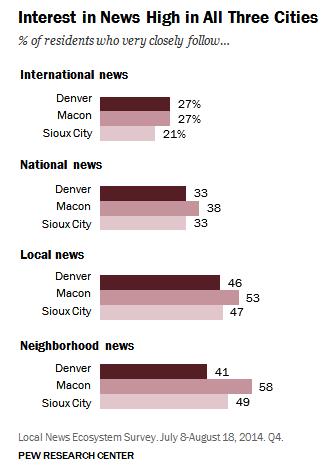
Click local! When will “local first” arrive on digital shores?
I couldn’t agree more with former Vermonter, Dan Gillmor’s recent piece…
Journalists: Stop complaining about Facebook, and do something about it
Dan focuses on Facebook’s growing dominance as a news distributor…
How should we respond? From my perspective, two primary schools of thought have emerged. One is to embrace that dominance, albeit with some unease, and fully participate in Facebook’s ecosystem. Another is to persuade Facebook to take seriously its growing responsibility to help get quality journalism in front of as many people as possible.
Both of those approaches assume that Facebook is too big, too powerful to resist that we have no alternative but to capitulate to its dominance. But if that is true, the consequences will be disastrous. We will be living in the ecosystem of a company that has repeatedly demonstrated its untrustworthiness, an enterprise that would become the primary newsstand for journalism and would be free to pick the winners via special deals with media people and tweaks of its opaque algorithms. If this is the future, we are truly screwed.
I say: no. Let’s not give up so easily. Instead, let’s resist and find a way out of this trap… (click to read the full article)
And… to add to Dan’s call… let’s go beyond journalism. Let’s click local for retail, for discussion, for classifieds, for reviews, for sports, for entertainment, for networking and more. Many communities have local efforts underway, and they struggle to capture people’s attention as so many of us habitually scroll through our Facebook feeds, go to Amazon, Yelp, etc. Why not try local efforts? While the internet and mobile devices still hold the promise of decentralization of power, we now know that the digital juggernaut is also acting as a giant concentrator of wealth into a small number of pockets. Thousands of local taxi companies replaced by Uber and Lyft. Thousands of local bookstores replaced by Amazon.
To quote Dan one more time…
I say: no. Let’s not give up so easily. Instead, let’s resist and find a way out of this trap.
Social media and Vermont Open Meeting questions
The Rutland Herald reported recently that…
A proposed social media policy that would cover both town employees and elected officials was met with pushback last week in Rockingham, with Select Board members saying they felt the proposed policy was a threat to their First Amendment rights…
Abby Friedman, director of the municipal assistance center for the [Vermont League of Cities and Towns], said Friday that many larger towns and cities in Vermont have social media policies, but she said she didn’t know whether they had adopted the one drafted by the league.
She said Barre City, Williston and Colchester were among the larger communities that had policies.
“The policy was written back in 2010. It was before Front Porch (Forum) existed. We need to look at our policy too to see if it needs any updating,” she said, noting that a lot of towns were concerned about the social media issue.
Chris Winters, deputy director of the Vermont Secretary of State’s office, said his office so far had not given towns and town officials any official guidance on the issue.
“Eventually, this summer, we were thinking of putting together some guidance,” he said. “And give the towns some help on online and social media behavior.”
In many Vermont communities, more than half of the households participate on their local FPF. So many more residents of these Towns read comments on FPF than would ever attend selectboard meetings. If we want healthy local democracy, we should update state and local policies to encourage participation… not the opposite.
One correction… FPF has been serving Vermont Towns since 2006, and we’ve had public officials participating during each of the past ten years.
Small data vs. big data
 Writing for the Brookings Institution and Huffington Post, Hollie Russon Gilman…
Writing for the Brookings Institution and Huffington Post, Hollie Russon Gilman…
Until fairly recently it was not uncommon for new members of a community to bake muffins or a pie to introduce themselves to their new neighbors. Today, people have more robust digital social networks and are less likely to engage in these types of activities. Some organizations are attempting to translate these activities to the online world. Front Porch Forum a startup in Burlington, Vermont is trying to make a safe space for neighbors to discuss the nuts and bolts of their community. People must identify their full names and streets — helping build networks of trust. Neighbors post and discuss issues related to their communities. The platform serves as a source of information — ever critical with declining local papers and coverage. The ultimate goal is to get people out of the house by creating a feedback loop inspiring in-person activity.
In Burlington there are more than 15,000 users (out of 16,000 households) with some households having more than one account, as discussed on TechPresident. Front Porch is expanding to other cities. These types of platforms have the ability to use local data to create stronger, more resilient communities. Citizens provide and receive data from their neighbors, which, in turn, can improve the overall quality of life.
About Blog
Ghost of Midnight is an online journal about fostering community within neighborhoods, with a special focus on Front Porch Forum (FPF). My wife, Valerie, and I founded FPF in 2006... read more
Post Categories
- Uncategorized
- PDF2009
- Calendar
- Northeast Kingdom
- podcast
- Peer Rental
- Localization
- Big Tech
- Events
- PDF2007
- Web Traffic
- Google AdSense
- Pay It Forward
- Elections
- berkmansunlight
- Maps
- Video
- Upstate New York
- Coupons
- Wildlife
- Mobile
- Viral Marketing
- Raffle
- Crisis Response
- Donations
- Lost & Found
- Real Estate
- College Students
- Gratitude
- Social Responsibility
- Orton Family Foundation
- Start ups
- Make It Your Own Awards
- Online Civility
- Clay Shirky
- Newspapers
- Humor
- How To Use FPF
- Online Classified Ads
- Peer Reviews
- Best of FPF
- Politics
- Community Management
- Economic Development
- Local Reviews
- Case Foundation
- Borrow and Lend
- Neighborhood Watch
- Good Government
- Small Business Advertising
- Citizen Journalism
- e-Vermont
- Democracy
- Local Search
- Knight Foundation
- Burlington
- MacArthur Fellows
- Civic Engagement
- Social Media
- social capital
- Social Networking
- Vermont
- Neighborhood
- Community Building
- Local Online
- Front Porch Forum
 “Vermont is awesome! We have this thing called
“Vermont is awesome! We have this thing called 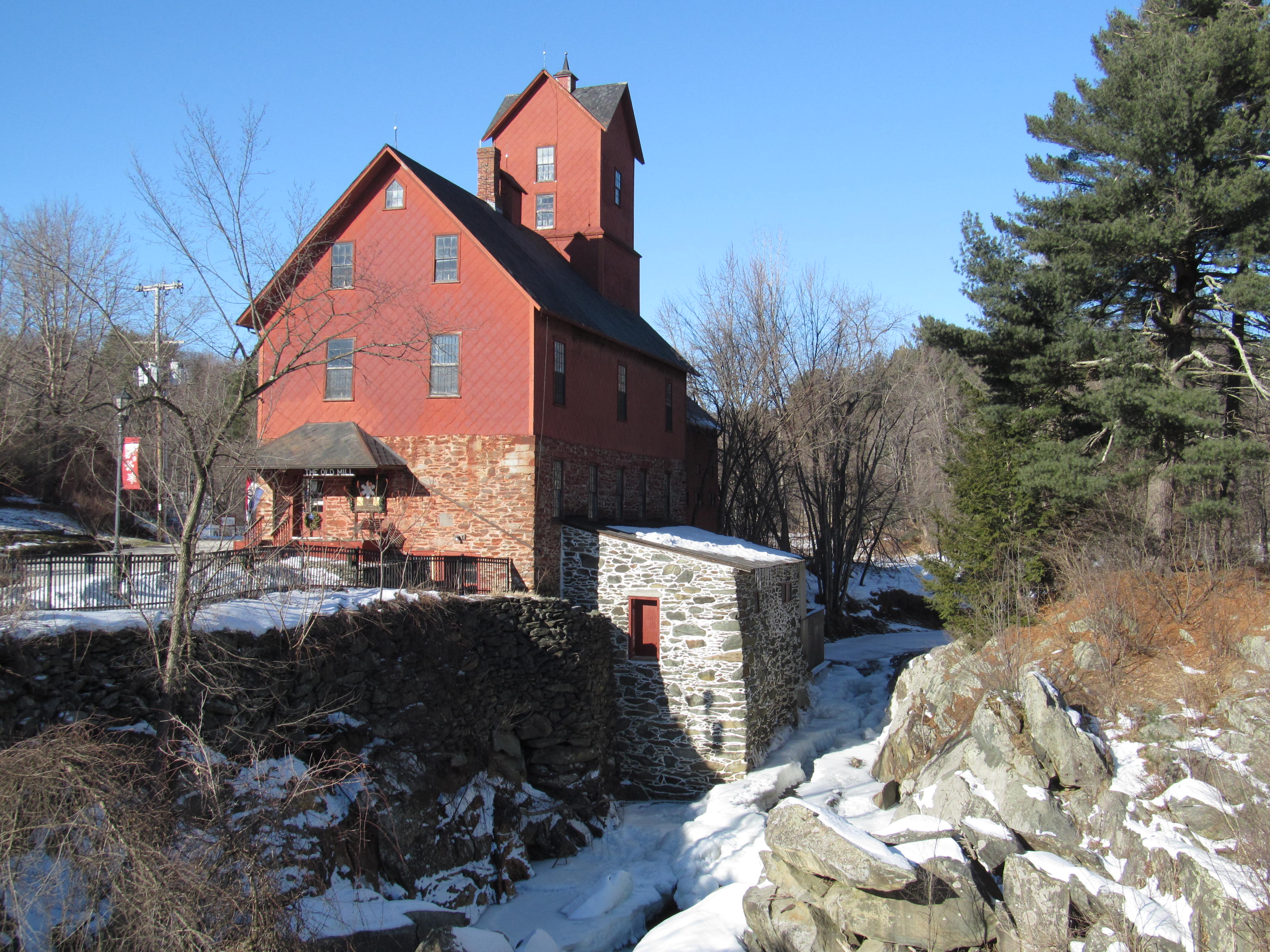 “I have not posted to
“I have not posted to 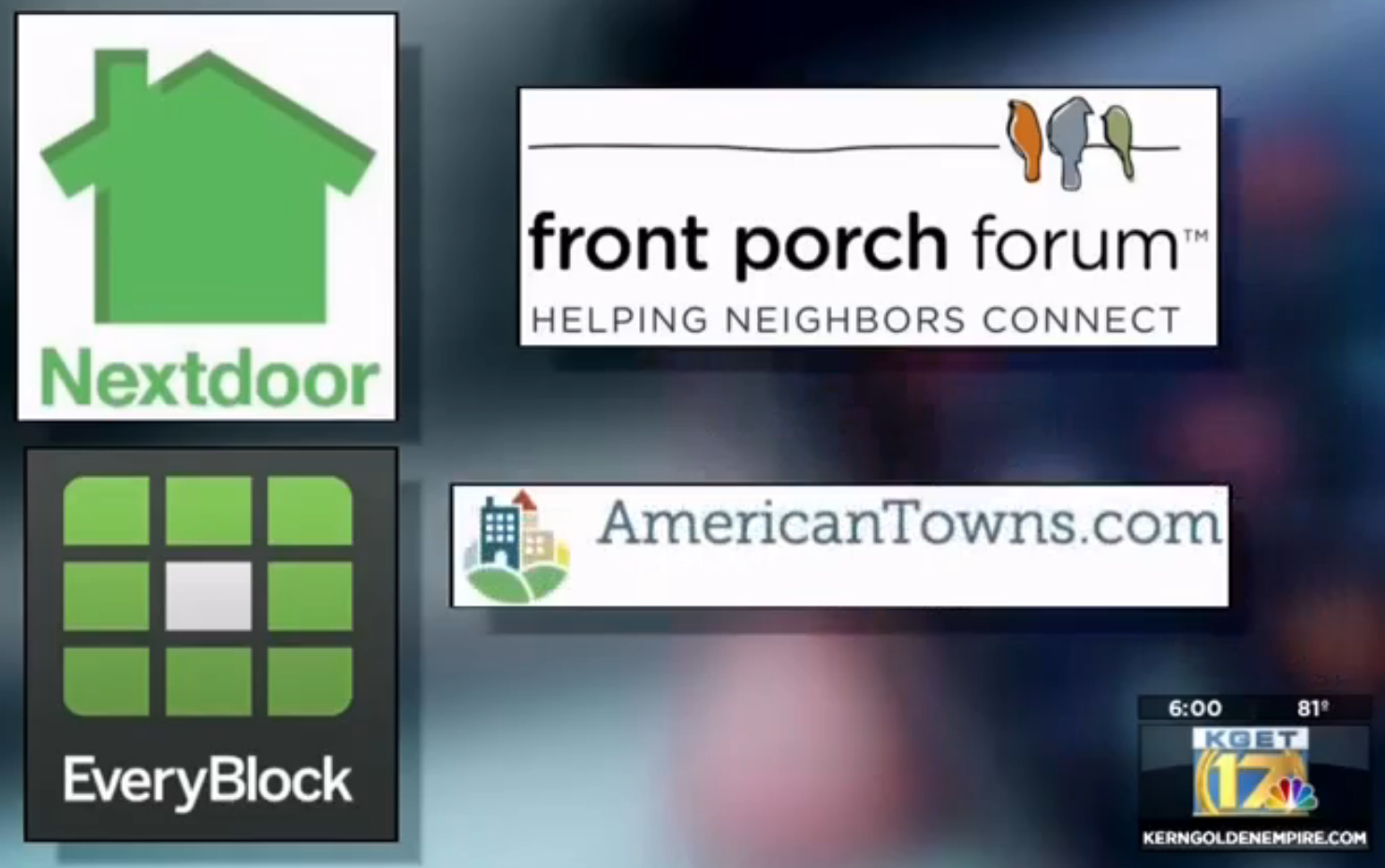
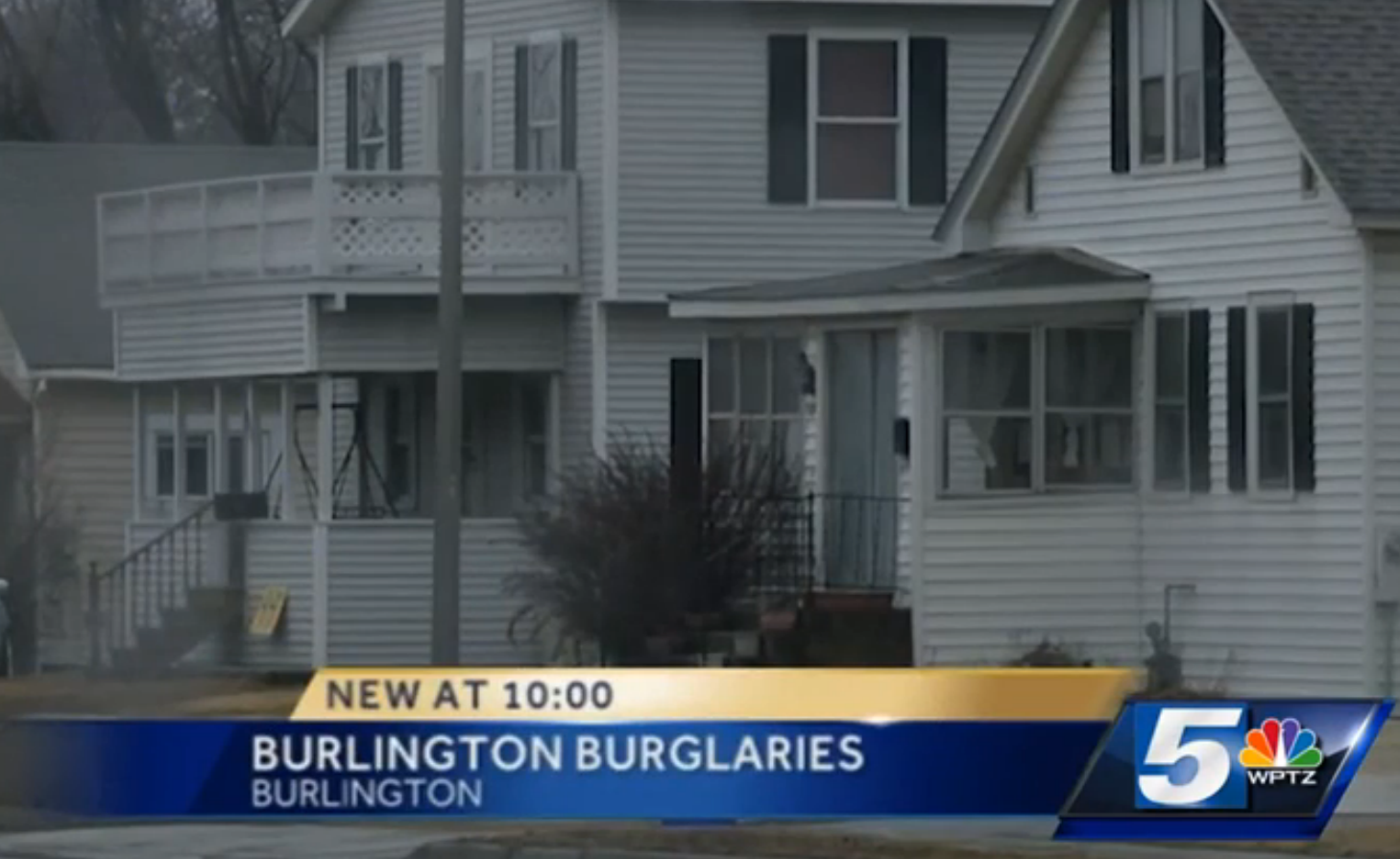
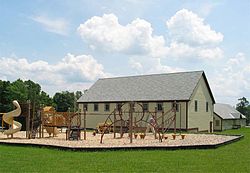 “Thanks to the folks running for election who gave us a quick bio of themselves here on
“Thanks to the folks running for election who gave us a quick bio of themselves here on 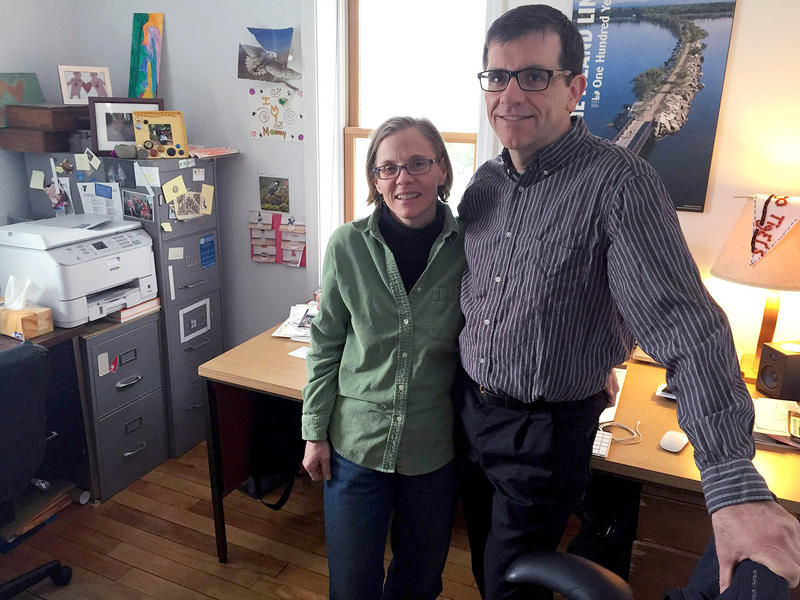 Nearly 10 years after it was created, the online community known as
Nearly 10 years after it was created, the online community known as 